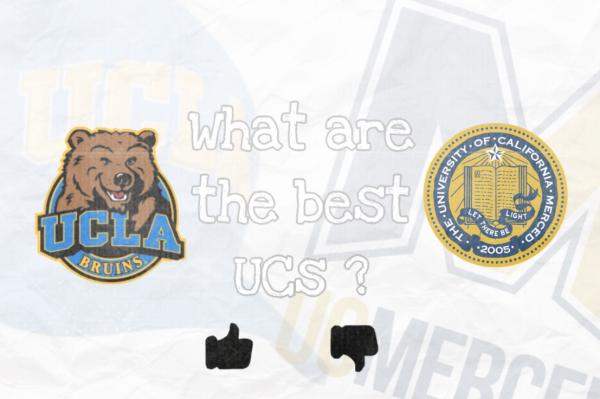Are Ivy Leagues Worth It?
Picture by Ola Elmahdi
Ivy Leagues have long been regarded as the cream of the crop for students applying to universities. Students today have come to feel that acceptance to an Ivy League school is the key to success: if they attend one of these universities, they are guaranteed luxurious lives. However, if they are not accepted to an Ivy League, they are failures and will live in poverty and depression. A college admissions consultant with 23 years of experience, Shirley Levin from Rockville, Maryland, has stated, “Never have stress levels for high school students been so high about where they get in, or about the idea that if you don’t get into a glamour college, their life is somehow ruined.” However, some have begun to question the true value of attendance at an Ivy League university. In truth, an Ivy League education provides little more than bragging rights and does not affect the students’ future.
Researchers Alan Krueger of Princeton University and Stacy Dale of Mathematica Policy Research published the results of a study in 1999 in which Yale graduates were earning 30% more than Tulane graduates by 1995. While this research may seem to support the idea that attending a Ivy League leads to higher incomes, correlation does not equate to causation. The reason that the Yale graduates had higher incomes could easily have been the result of their natural talent or more diligent study habits. In fact, the same researchers found that success was indeed dependant on the student’s nature and not the student’s university.
As part of the very same study, Krueger and Dale noticed that students who had been accepted to an Ivy League school but chose to attend a less selective university had the same average income twenty years after graduation as those who had attended an Ivy League. Krueger conceded, “that you go to college is more important than where you go.”
Universities provide students with specialized education and work experience in one’s preferred field of study. However, students have come to assume that if they attend a university that is deemed to be one of the most prestigious schools in the country, they will be successful, and if they do not attend an Ivy League, they will become a failure. Despite these beliefs, studies have confirmed that success is dependant on the student in question rather than the university they have attended.

I’m Ola Elmahdi, a young, less than energetic editor of the Ubiquity. My favorite article from the Ubiquity is probably “Modesty: Not Always a Virtue”...








